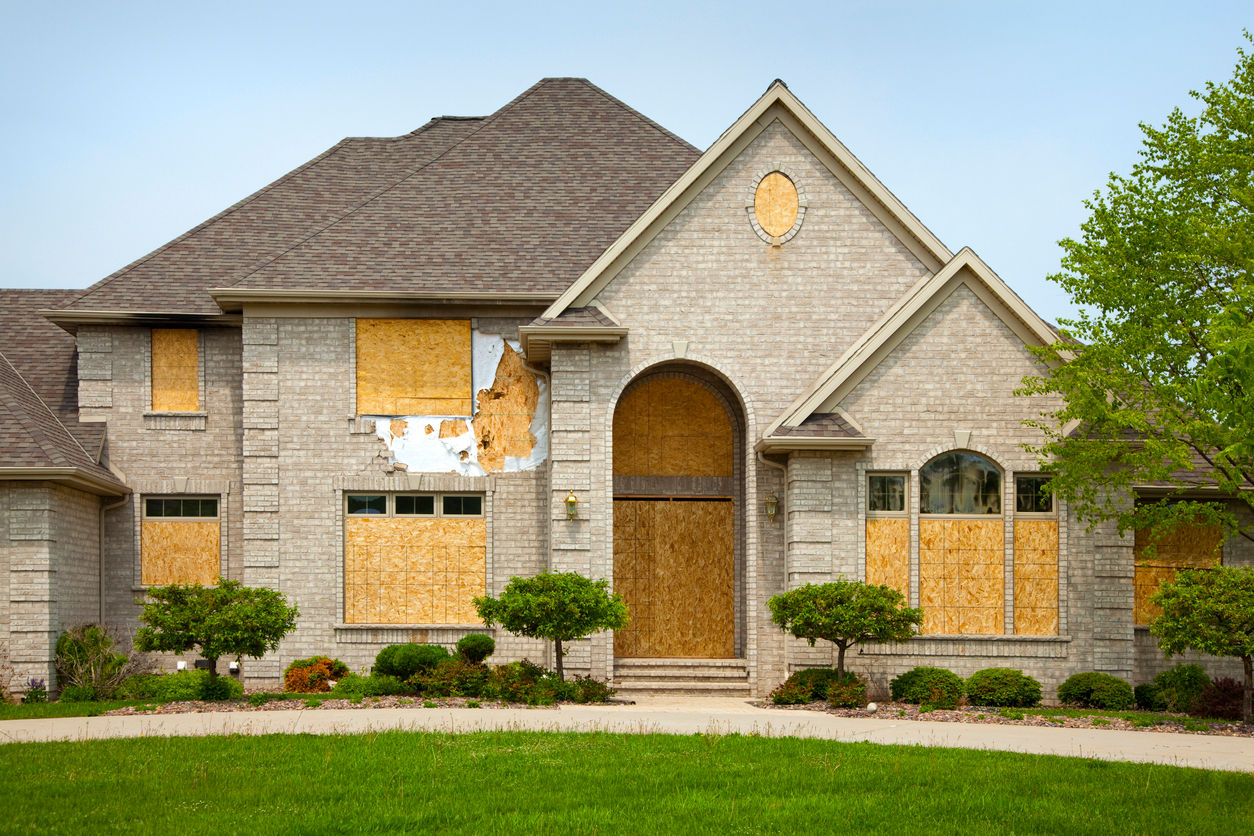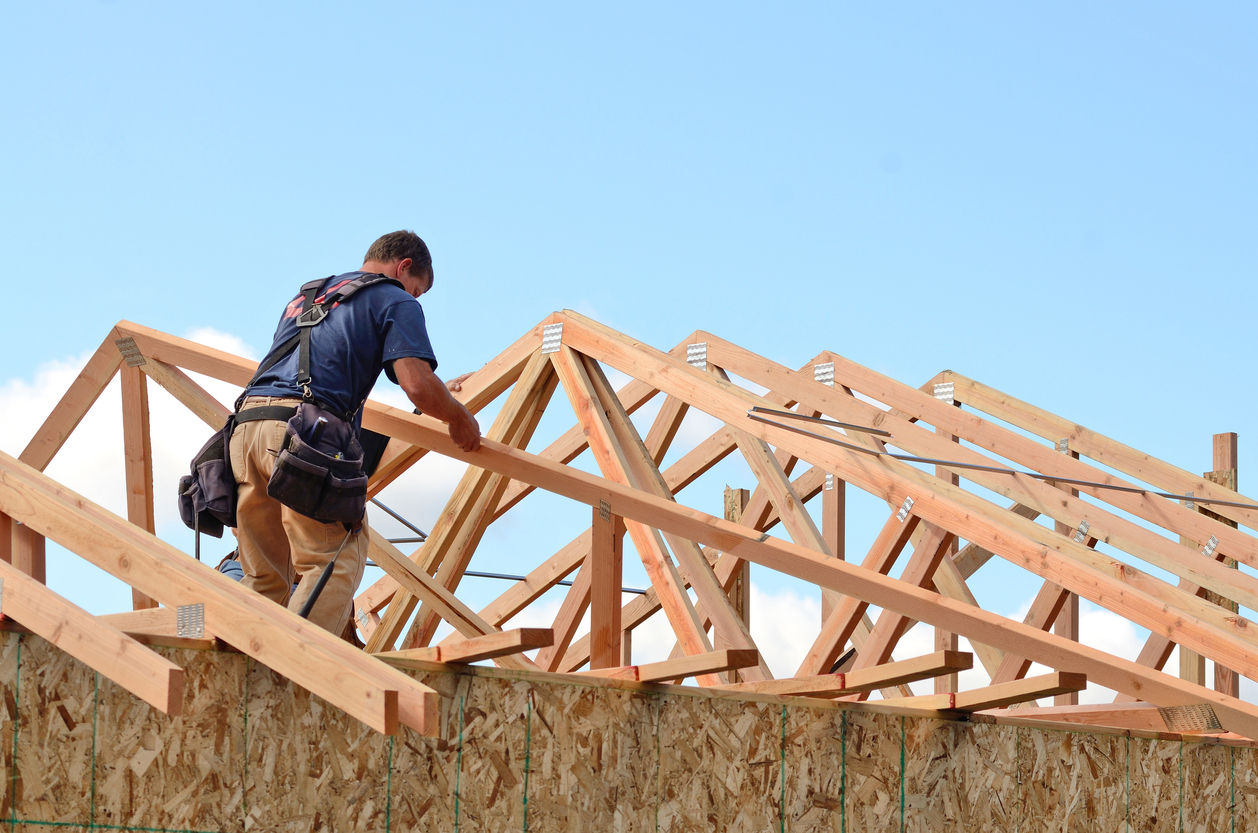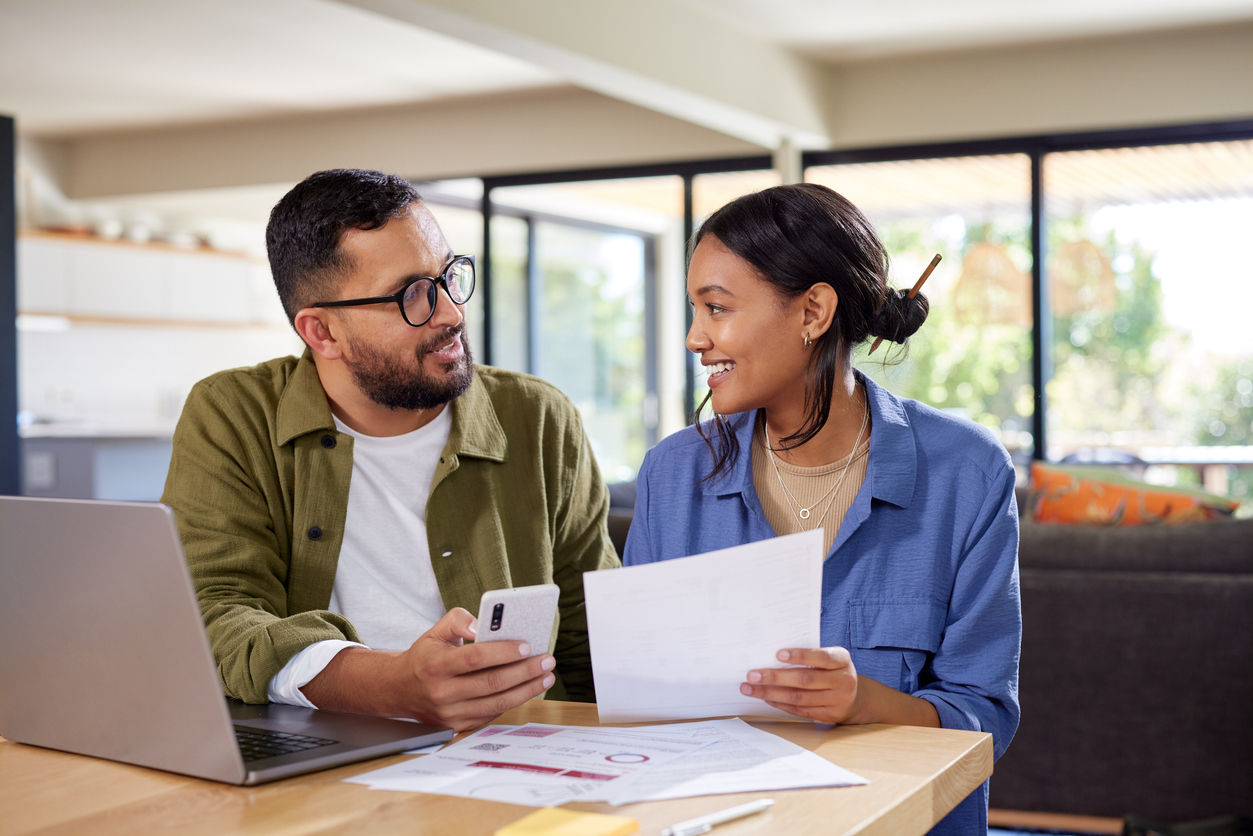Should I Buy a Second Home? What You Need to Know
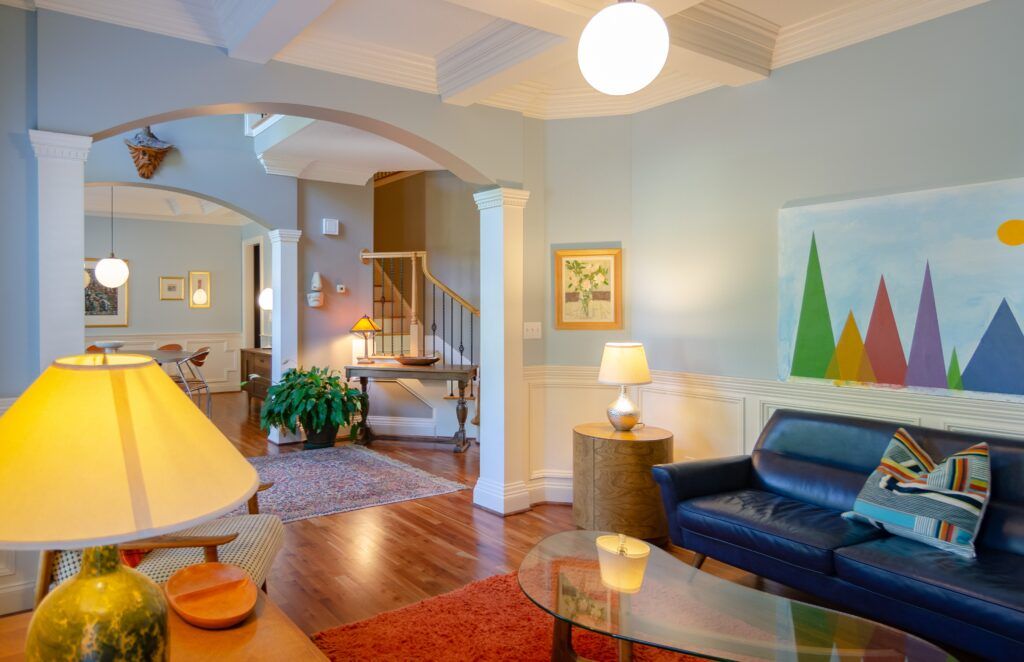
Are you considering buying a second home? Many people purchase additional homes for a wide range of reasons. In this article we cover what goes into buying a second home, including the following:
- Reasons to purchase second or third homes
- What to consider when deciding on a home
- Expected costs and other expense considerations
- And more
If you’ve been thinking about purchasing another home but you’re not sure what’s involved with the process, read on.
Why Should You Buy A Second Home?
You might be surprised at how many different reasons people have for purchasing more homes. The motivation behind such a purchase varies from case to case. Buying a second home can satisfy a broad set of goals; your own reason for wanting another home can be as unique as you are.
A Vacation Home To Call Your Own
If you travel frequently to a favorite destination, you end up spending a lot of money on lodging. If instead you had your own vacation home to enjoy, you’d stop spending on hotels while owning an that will likely appreciate in value. You can monetize your property by renting it out as a vacation rental when you’re not using it, if you wish.
Some people use vacation homes exclusively for themselves and their extended family and close friends, without renting them. Either way, the benefits of having your own place to enjoy on trips, vacations, retreats, getaways, and much-needed restoration time are enough to convince some individuals that buying a second home is the right thing to do.
Whether it’s a cottage along the coast, a cabin in the mountains, or a condo in your favorite urban playground, a vacation home appeals to those who want the comfort, familiarity, and convenience of being in their own place while on vacation.
Diversifying Your Wealth Portfolio
Through your savings accounts, money markets, or stocks and bonds, your goal is to preserve your initial investment while making your money work for you. Through your financial portfolio, you want to grow your wealth to, at the very least, keep up with rising costs, and preferably to expand your net worth and have enough for all your life goals.
By buying a second home, you diversify your portfolio. If stocks dive, for example, your second home provides you with a tangible asset worth a significant amount of money that you can lean into, if you need to.
In the past decade, many homes have greatly appreciated in value in markets across the nation. People who own houses in these hot markets have increased their wealth considerably thanks to the increase in value of these homes.
Buying A House For A Loved One
You may decide that buying a second house for a family member is something you want to do. Perhaps you want to give your adult kids a house of their own so they don’t have to worry about rent and can start saving their hard-earned money. Or you’d like to give your parents a smaller, single level dwelling they can manage more easily as they age.
There are many reasons someone would want to buy a house for a loved one, and if this is what you’re thinking of doing, you have your own personal reasons for wanting to do this. An option some buyers choose is to keep the house in their own name while letting family members use the house, either rent-free or for a modest rental amount.
If you have any children about to go to college, you may decide to buy a condo close to campus they can use. When they’re done with it, you can either sell the condo – likely for a profit, if values keep increasing – or you can hang on to it and turn it into a rental.
Moving To Another House
You may decide that it’s time to move to another house. Perhaps you’ve remarried and you’re looking for the right space for your new blended family. Buying a second home that best fits your new life is a smart move. Instead of selling your existing home, you may opt to keep it and turn it into a rental.
You may be getting close to retirement, or your kids have left home and you’re ready to downsize to a house that’s smaller and easier to maintain. Again, you can purchase a second home that best meets your evolving needs while keeping your existing home to rent out.
As Rental Property
Some people are interested in buying a second home for no other reason than to use it as a rental property and make money from it. With a rental, you can generate a monthly income from the rent you collect to supplement your existing revenue.
Over time, you may be in a position to buy additional properties to rent out, creating a steady source of income for yourself. You can either manage your rental properties yourself or hire a property management company to handle everything for you.
To Update And Resell
Another way to make money from a second home is by reselling it at a premium. Some people make supplemental income or a full living from buying underpriced properties, updating them with new paint, carpeting, and fixtures, and reselling them at a considerably higher price.
When You Want To Live In Different Places
If you own a home in one location but commute regularly to another location that’s far away, buying a second home close to work may benefit you. A commuter home can be a simple townhome or condo near your work that you live in during the week, returning to your home base on weekends and holidays.
Some people enjoy living in multiple places. If you work from home and you’re not tied to a particular region, you may choose to spend half the year in one location and the other half in another.
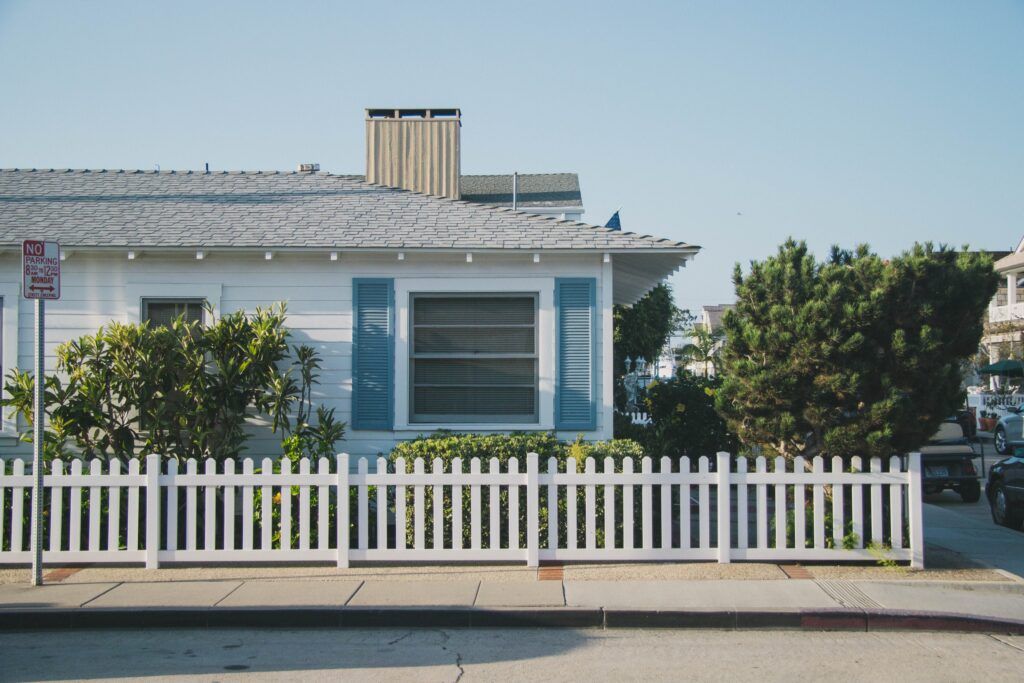
Consider this if You Buy a Second Home
Think about the reason you’re buying a second home and what you want to get out of it. This will help you figure out what you should look for in a second house.
If You Plan To Live There
When buying a second home to live in, your own comfort and convenience are important. You’ll want to buy a place you can afford that meets your specific needs and feels like home – or that you can update to make it feel like home.
For a vacation home, some things to consider include:
- How close is it to your favorite attractions?
- Is it a place where you can feel relaxed and at home?
- Are there any convenient amenities nearby, such as stores and restaurants?
- Does it lend itself well to putting in your own personal touches to make it feel more like home?
- Is it easy to maintain?
- Will it fit your family comfortably?
- Does it provide enough privacy?
When buying a second home that will become your primary residence (either because you’re downsizing, upgrading, or starting anew), consider these points:
- Is it the right size to fit you and your lifestyle comfortably?
- Is it in good condition – for example, does the roof still have many years of life left before it needs to be replaced, and are the floors and cabinets in good shape?
- Is it near places you and your family frequently go to, such as work, school, and favorite hangouts?
- Does it have the right size yard or patio for you?
- Do you feel good there?
- Does it have the potential to soon feel like home?
If It’s For A Loved One
If you’re buying a house that your loved ones will use, you’ll want to make sure to think everything through carefully and set things up in a way that protects you and them. Review the following before deciding which direction to go:
- Will the property be in your name or theirs?
- What are the tax considerations involved with such a setup?
- Will your loved ones live there free of charge, or will they pay you rent (and if so, how much)?
- Will this property meet their specific needs?
- Are there any mobility issues to be aware of?
- Will this place fit their personality and lifestyle?
- Is the property near amenities the person living there might appreciate, such as being close to a bus route or near a park?
- Will the floor plan meet the person’s needs?
If It’s An Investment
If you’re buying a second home purely, or partially, as an investment, be sure to take into account the following:
- If you’re planning to restore and resell, how much money will you have to spend to upgrade the house?
- How long might you have to hang on to the property before you can resell it for the right amount?
- If you’re planning to rent it out, look at the house from your future tenants’ point of view. What will make them want to live here?
- What might be selling points to attract tenants? For example, is it close to schools, parks, and businesses?
- Will this property be easy to maintain? As a landlord, expect to do some maintenance, but choose a place that won’t require constant or excessive levels of upkeep.
How To Buy A Second Home
Now that you’ve considered your reasons for wanting to buy another property and what to consider when looking at houses, let’s talk about how to buy a second home.
Since you already have a house, you’re familiar with the process. You’ll be working with a real estate agent who can help you find the exact type of home you want, in your desired location, and help you through the entire transaction.
You’ll also be looking at your finances to see how you’ll make this goal a reality. Do you have enough for a down payment? Or will you be paying for the property with cash? Will you be getting a mortgage? What type of loan is right for you? How much risk can you comfortably take on?
Furthermore, do you qualify for a second-home mortgage? If you don’t, what can you do to qualify?
There are many things to keep in mind, and several steps to take, to achieve this objective. With the right planning and by working with the right people, you’ll be in a better position to reach your goal.
As you strategize how to buy a second home, focus on these steps:
- Determine how you will finance this venture
- Pre-qualify for a loan, if you need one
- Set a budget for your mortgage payments and stick to it
- When working out your financials, take into account expenses such as taxes, maintenance, and management costs
- Find a real estate agent with experience in locating second homes for clients
- Choose the right location for your second home
- If your home will be a rental, research occupancy rules in the area
Let’s Talk Numbers
It’s important to consider and crunch the numbers beforehand to determine how to make buying a second home work for you.
There are some of the costs to consider:
- Fees associated with getting a mortgage
- Monthly mortgage payments (principal and interest)
- Property taxes, which can vary considerably from one region to another
- Any additional taxes
- Cost of updating or repairing the property
- Ongoing maintenance and upkeep costs
- The cost of hiring a property management firm, if you decide to
- Possible HOA payments and future rate increases
- Home insurance
- Utility bills
- And other potential costs
Being aware of these costs in advance can help you plan for them. Find out everything from down payment requirements for a second home to the current loan interest rates. For second homes, lenders require approximately 43% or less for meeting debt-to-income (DTI) requirements for loan approval.
Work out all the numbers as accurately as possible, looking at your current expenses as well as the new expenses you’ll be incurring from your second-home purchase, and compare them to your existing income to see if you can truly afford another house.
Should You Buy a Second Home?
Buying a second home can be a great investment, or it can simply be a good way to expand your living options. It can also serve to diversity your financial portfolio.
If you’re ready to explore this option, your next steps are to figure out your financials to see if this venture is doable, and to start locating properties you might be interested in. At FastExpert, we specialize in matching buyers with professional agents who can meet each client’s unique needs. We’ll find the right real estate agent for you who is knowledgeable in how to buy a second home. Contact us to learn how our extensive database and smart algorithms can help you find the perfect agent to work with.


